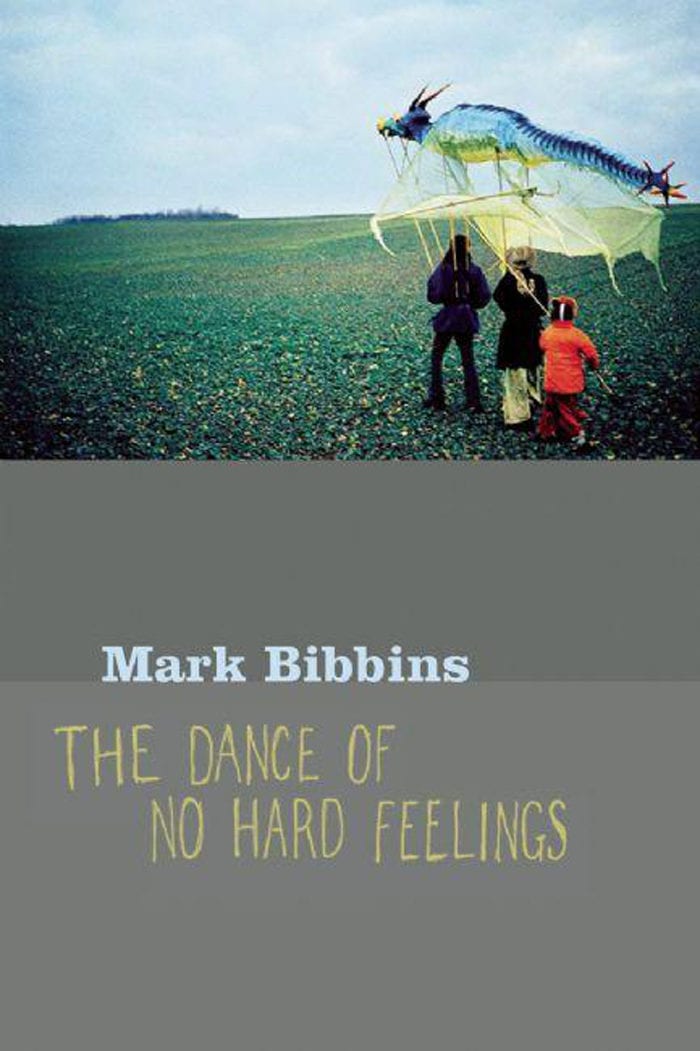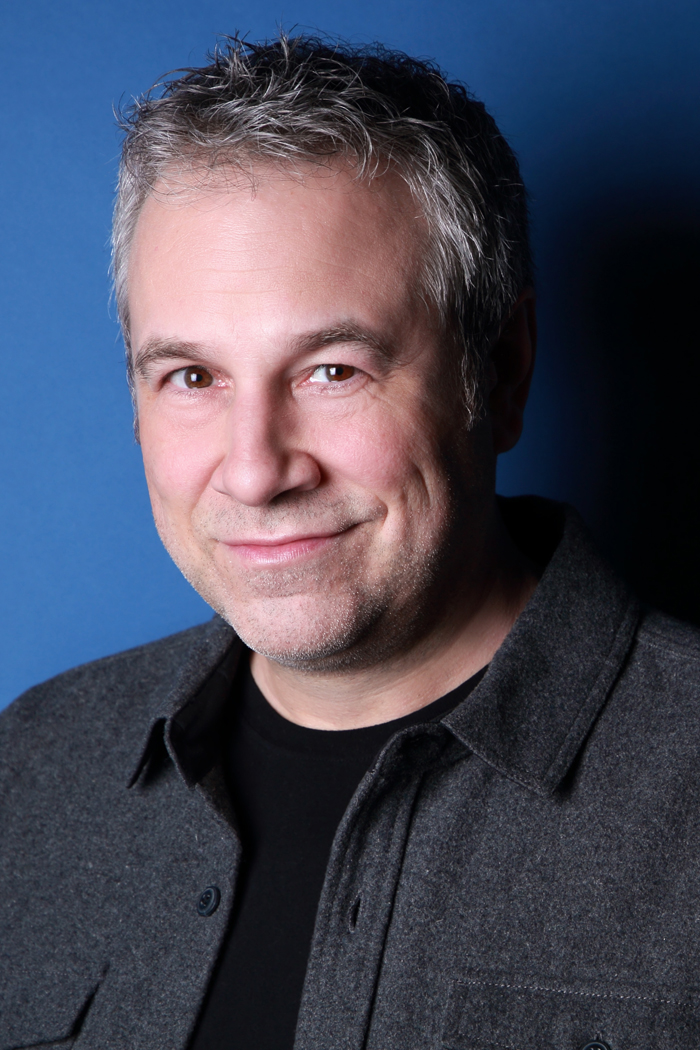
In his second collection, The Dance of No Hard Feelings, Lambda Award winner Mark Bibbins pressures language into a performance of surprising, invigorating movements across syntax and line. Vulnerable yet suspicious and sharp-witted, he responds to a nation responsible for and besieged by a bankrupted presidency, employing concise lyrics and longer sequences while in the process inventing a new form, the exploded double haiku.
Incited by progressive blogs, ad campaigns, elegy, and Eros, Bibbins addresses environmental catastrophe and grotesque political posturing in our nascent millennium, as well as the corporate media’s willingness to front for the worst offenders as it both panders and condescends to audiences drunk on doublespeak. These are songs of passionate and ambivalence sung in a dark time.
ISBN: 9781556592928
Format: Paperback
Reviews
“To say that Mark Bibbon’s second poetry collection offers evidence that the American apocalypse has already happened… might be an overstatement, but he’s deftly captured our current malaise.” —Boston Review
“Those who will feel themselves spoken for by these poems have been hungrily awaiting this book.” —Publishers Weekly, starred review
“This is the book to read if you think poetry is Kerouac and Beowulf and Yeats yearning for a higher light. The higher light here is sparked and glows only in the dark.” —Bookslut
“… a wellspring of much that poetry is supposed to do… The Dance Of No Hard Feelings is distinguished by Bibbing’s odd-angled metaphors and his preference for choosing his own language instead of predictably pablum insights.” —Rain Taxi
